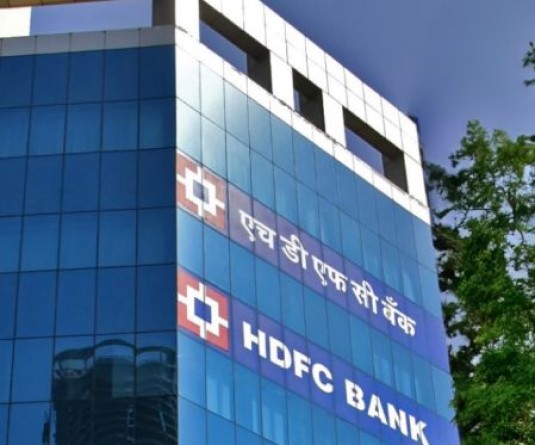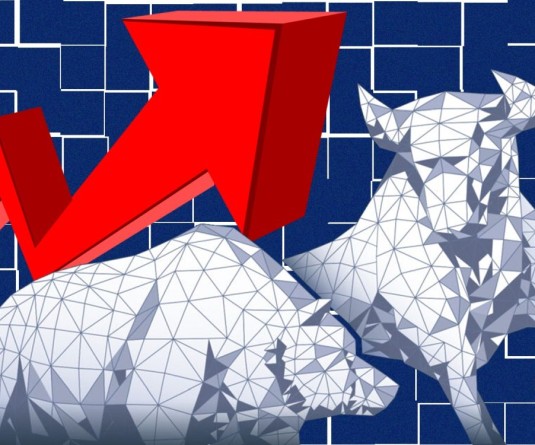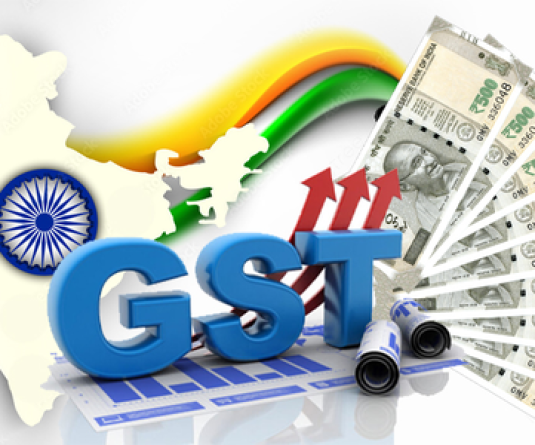RIL's deleveraging remains underappreciated: UBS

Reliance Industries Limite.(IANS Photo)
New Delhi, February 24 (IANS): Reliance Industries' (RIL) efforts to deleverage largely remain underappreciated and the exercise could free up more than $20 billion by FY21-end for RIL, according to a research report by UBS.
"We believe RIL has started to move on a sustainable path to deleverage, driven by lower capex (which peaked in FY19), higher operating cash flows from its oil-to-chemicals (O2C) and digital businesses, and management's ability to enter into partnerships/stake sales," UBS said.
It estimates that with organic cash flows, RIL could easily deleverage by FY23-end, or even by FY21-end with the potential conclusion of the Saudi Aramco deal for a 20 per cent stake in RIL's O2C segment. Despite the move towards deleveraging and higher earnings mix from consumer segments, RIL's valuation multiples (PE and EV/EBITDA) have largely remained flat for FY18-20.
RIL is moving towards a leaner balance sheet through partnerships and stake sales. "We estimate asset restructuring could free up more than $20bn by end-FY21 for RIL," UBS said.
This includes completed deals of $1 billion with BP for fuel retail marketing JV, transfer of $15 billion debt to tower/fibre infra trust (InvIT) as well as proposed deals of a letter of intent (LOI) with Saudi Aramco for a 20 per cent stake in RIL's O2C division for $15 billion and creation of a digital platform entity for early monetization.
UBS estimates RIL's capex could continue to decline, with FY20-24 capex being 56 per cent lower than FY15-19 levels, as most of the capitalintensive expansions have completed.
Higher consumer business earnings have offset cut in O2C earnings once again. RIL has continued to improve its earnings mix (36 per cent in FY20E) in favour of consumer segments (digital and retail), driven by an increase in telecom ARPUs (post tariff hikes) and higher retail EBIDTA margins (accruing from benefits of scale).
"However, its O2C business is witnessing challenges with lower refining and petchem spreads; although we expect it could continue to outperform regional peers," UBS said.






